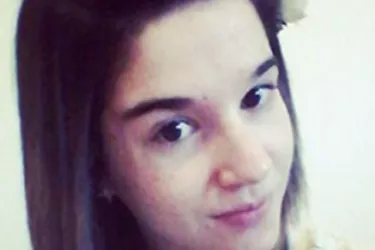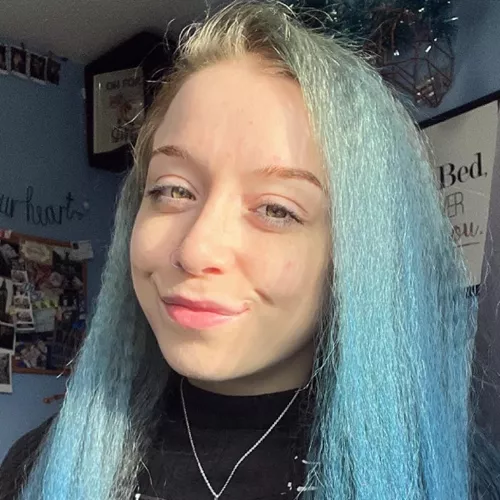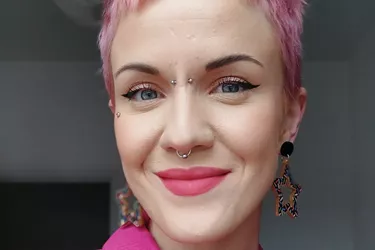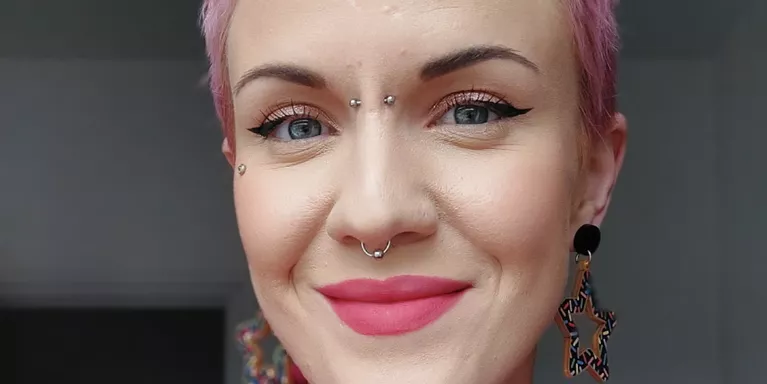How are you?
Claire blogs about the question 'How are you?' and why we should answer honestly.
“How are you?” “Are you okay?” “Alright?”
They are all the same question and it’s a question most of us hear several times a day. We all live very different lives and feel different emotions to one another and yet I wonder how many of our answers to the question “How are you?” are the same.
To me it feels like the majority of us give the same rehearsed answer. “I’m fine thanks” or “Not bad thank you” slip out of my mouth with little thought. I fear that the question has become a greeting, the plus one to “Hello”, and hand in hand with this, the answer has lost all meaning.
Does the other person even listen for the answer? I can hold my hands up and say that there have been times in my life when I haven’t meant “How are you?” and I haven’t paid attention to the answer either. I am sure I’m not alone in this.
"Imagine how much less isolating it would be to tell people how you are honestly."
For me, it has become a reflex to answer anybody asking how I am in a positive way and that’s regardless of circumstance. I have told doctors in A&E that I am fine when they’ve greeted me asking how I am. I am clearly not fine otherwise I wouldn’t be in accident and emergency!
Detained under Section 2 of The Mental Health Act and I told my visitors that I was “Okay, thanks”. Why do I do it? Because I don’t feel like the other person is actually asking how I am. I’m not sure that they have the time for my answer and I don’t want to be negative but neither do I want to come across as bragging when things are good.
"How exciting would it be to hear how people actually are?"
I think it’s about time that, “How are you?” regained its status as a question and a question with meaning. Imagine how much less isolating it would be to tell people how you are honestly. To feel as though it is acceptable to talk about your wellbeing and mental health on a day-to-day basis, regardless of whether you have a mental illness or not – we all have mental health and we all have good days and bad days.
How exciting would it be to hear how people actually are? I would much rather hear that you laughed until your stomach hurt or that your dog destroyed your shoes this morning than the standard, “I’m good, thanks” but I would also much rather know that you are struggling with depression or anxiety or that you’ve relapsed with anorexia than think you are fine whilst you suffer in silence.
Imagine how much we would learn from one another, the education that would come with honest answers to the question “How are you?” and the conversations that would emerge from the answers. We are surrounded by people from all walks of life, people who have travelled, survivors of domestic abuse, people battling illness, students, soldiers, animal lovers, nurses. We could learn so much from one another, our battles and our victories.
I honestly think it could save lives if we could answer ”how are you?” honestly. If we felt able to say, “Actually, I’m not okay” or if someone said, “How are you? Really, how are you?” it would make such a difference. We all live in our own little bubbles glued to our phones and online avatars in a fast-paced society whilst our mental health declines. Let’s start being people again and use the power of conversation. Turn “How are you?” back into a question that deserves a meaningful answer.
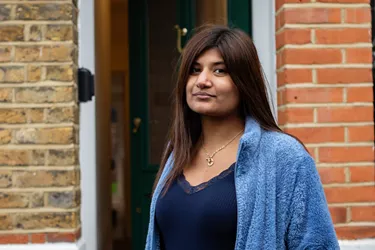

Information and support
When you’re living with a mental health problem, or supporting someone who is, having access to the right information - about a condition, treatment options, or practical issues - is vital. Visit our information pages to find out more.
Share your story with others
Blogs and stories can show that people with mental health problems are cared about, understood and listened to. We can use it to challenge the status quo and change attitudes.










